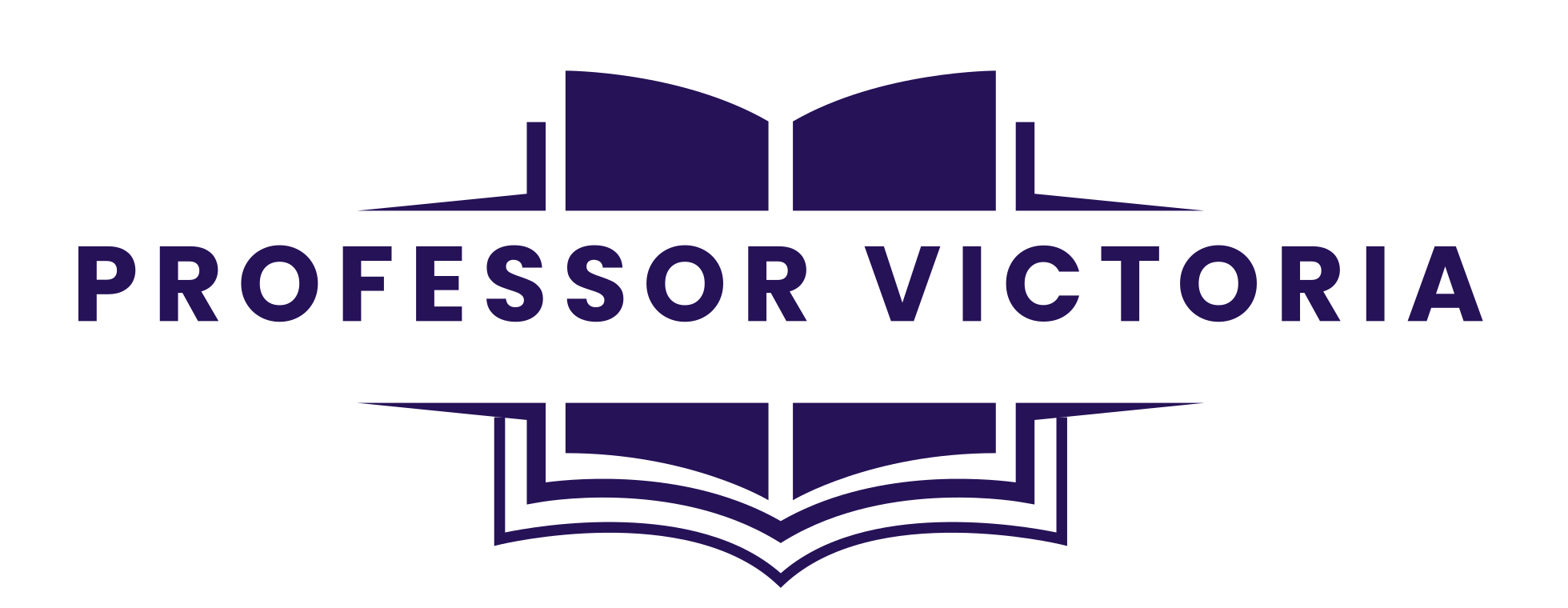If you’re looking to study abroad and English is your second language, chances are you’ll need to prove your English proficiency when you apply to your chosen school. Two of the most widely accepted tests are the IELTS and the TOEFL. Both are standardized English proficiency exams, but they differ in audience, format, and scoring. So how do you know which one is right for you?
Let’s break it down.
IELTS: A Global Option for Study and Immigration
The IELTS (International English Language Testing System) is recognized worldwide and is used for academic admission, as well as for immigration and employment purposes. It is jointly owned by the British Council, Cambridge University Press & Assessment, and IDP IELTS—an Australian-based organization that operates in more than 50 countries.
One advantage of IELTS is its flexibility. It offers two streams: the General Training version, designed for those seeking to enhance their everyday English for work or daily life, and the Academic version, which is required for admission to colleges and universities. If you’re planning to apply for academic study, the Academic IELTS is the one you’ll need.
When it comes to test delivery, IELTS gives you options. The Listening, Reading, and Writing sections can be taken either on paper or by computer, depending on the test centre and your personal preference. However, the Speaking section is always done face-to-face with a trained examiner. Some test-takers find this human interaction more natural than speaking into a microphone, while others find it more stressful.
IELTS is scored using a band system from 1 to 9, with each section receiving its own score. Your final result is the average of the four sections, rounded to the nearest half band. Most universities require an overall score between 6.5 and 7.5 for admission; however, requirements vary by institution.
TOEFL: An Academic Focus with North American Roots
The TOEFL (Test of English as a Foreign Language) is another popular option, especially for students applying to universities in North America. It’s administered by ETS (Educational Testing Service), a non-profit organization based in Princeton, New Jersey.
Unlike IELTS, TOEFL focuses solely on academic English. There is no general stream, so if your goal is university admission, TOEFL might be a straightforward choice. Most students take the TOEFL iBT (internet-based test), although a paper-based version is still available in some locations.
TOEFL is entirely computer-based, including the Speaking section, where you’ll speak into a microphone rather than interact with a person. This can reduce test-day anxiety for some students, while others might prefer a real conversation.
The TOEFL scoring system is different from IELTS. You’ll receive a score from 0 to 120, with each of the four sections—Reading, Listening, Speaking, and Writing—worth up to 30 points. Most universities ask for a minimum score between 80 and 100, but again, this varies depending on the school and program.
So, Which Test Should You Take?
Both IELTS and TOEFL are widely accepted by universities and colleges around the world, including in Canada, the United States, the UK, Australia, and beyond. The choice often comes down to your personal preferences, your destination, and the format you’re most comfortable with.
If you prefer speaking with a real person during the speaking section, IELTS might be the better fit. If you’re more comfortable using a computer for the entire exam, TOEFL could be the way to go.
It’s also worth checking with the schools you’re applying to—some may prefer one test over the other, although most accept both.
At the end of the day, both IELTS and TOEFL are excellent measures of your English proficiency. The key is to choose the one that matches your strengths, your goals, and your test-taking style.
If you’re still not sure which is best for you, I’m happy to help you weigh the options.
